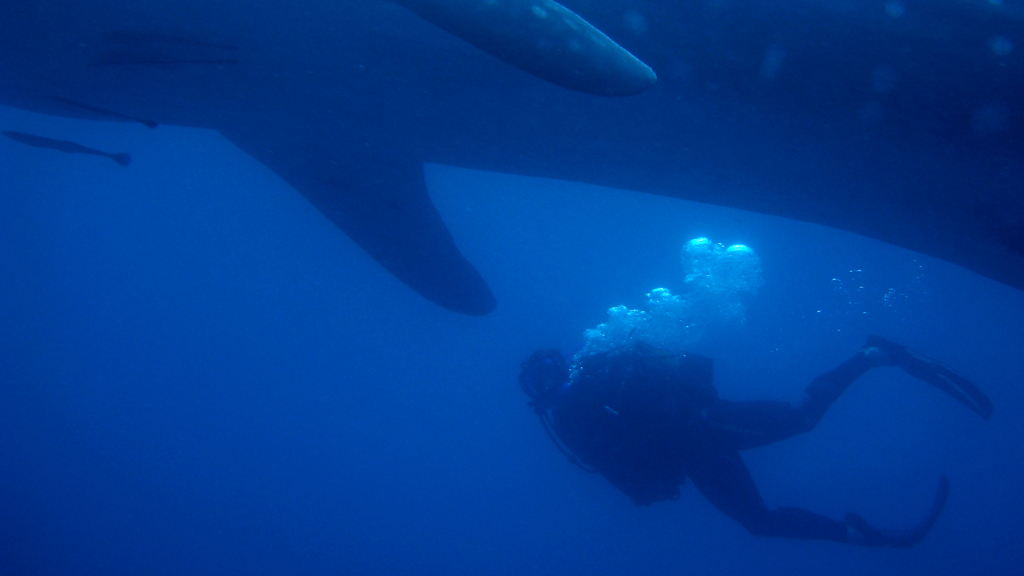Quick Summary
Steve Backshall dives into the Indian Ocean off Mozambique in this thrilling drama documentary episode of the CBBC programming series, hunting a massive whale shark that can weigh as much as a double‑decker bus while chasing the world’s fastest fish. A quick overview at a glance for UK television and British TV fans, this programme highlights the adventure as pure entertainment for UK viewers, perfect for the television guide’s episode highlights of the series.
About This Program
Programme overview Steve Backshall’s latest adventure takes him to the turquoise waters off Mozambique, where the intrepid naturalist explores the Indian Ocean in search of an underwater giant that can weigh as much as a double‑decker bus. The episode is billed as a high‑octane documentary that blends scientific investigation with the thrill of discovery, offering UK television audiences a fresh perspective on marine life in a region rarely featured on British TV. Backshall’s charismatic presenting style and the series’ cinematic production values make this a standout entry in the CBBC documentary lineup. What to expect from the content Viewers can expect a tightly edited episode that balances breathtaking underwater cinematography with clear, accessible explanations of marine ecology. The programme follows Backshall as he dives alongside local researchers, uses cutting‑edge sonar technology to locate the massive creature, and attempts to spot the world’s fastest fish, the sailfish, in its natural habitat. Each segment is punctuated by engaging anecdotes and occasional humour, ensuring the content remains entertaining while delivering full details on the biology, behaviour and conservation challenges of the Indian Ocean’s most iconic species. Key features and highlights The episode’s key features include a rare look at the massive manta‑ray, whose wingspan can rival the length of a city bus, and a heart‑pounding chase after the sailfish, which can reach speeds of up to 68 mph. Backshall also showcases traditional Mozambican fishing practices, providing cultural context that enriches the documentary’s narrative. High‑definition slow‑motion footage, drone shots of the coastline, and interactive graphics help UK viewers visualise complex concepts, making the series a compelling blend of drama and documentary entertainment. Why this programme appeals to UK audiences British TV audiences have long embraced nature programmes that combine adventure with education, and this episode delivers both in equal measure. The exotic setting of Mozambique offers a fresh escape from the familiar UK coastline, while the universal appeal of giant sea creatures and record‑breaking fish taps into a fascination with the natural world that transcends borders. Moreover, Steve Backshall’s reputation as a trusted presenter on CBBC adds credibility, ensuring the series resonates with families seeking wholesome, informative entertainment. Context within CBBC programming Within the broader CBBC programming slate, the Mozambique episode sits alongside other flagship series that aim to inspire curiosity about the planet’s wildlife. It reinforces the channel’s commitment to high‑quality documentary content that is both educational and engaging for younger viewers and their parents. As part of a series that regularly features global expeditions, this installment adds depth to the channel’s portfolio, offering a comprehensive guide for UK viewers who appreciate well‑produced, in‑depth review style episodes of adventure documentary on British TV.
Deadly 60 broadcasts on CBBC at 10:45am, Sunday, 21 September 2025. (Subtitles, repeat)

